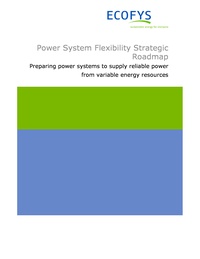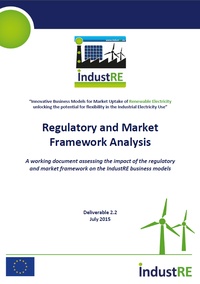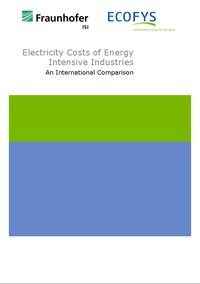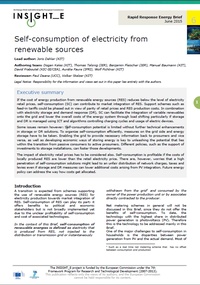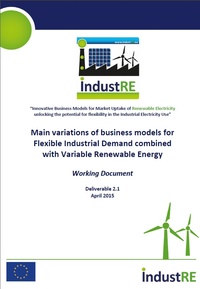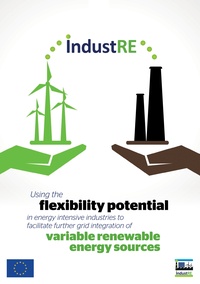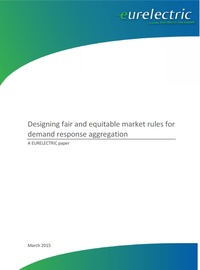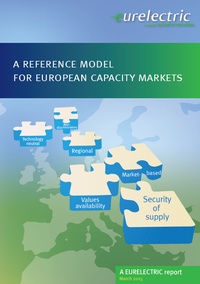Power System Flexibility Strategic Roadmap
This report outlines steps for overcoming the challenges in creating power systems with the flexibility needed to maintain system stability and reliability while relying primarily on variable energy resources. The roadmap envisions a transformation performed over three phases or regimes:
- An initial phase with variable generation contributing up to about 10% of the energy demand, characterized by relatively mild changes to conventional power system operations and structures;
- A dynamic middle phase up to about 50% penetration by vRES characterized by phasing out conventional generation and a concerted effort to wring flexibility from existing infrastructure; and
- The high penetration phase that inevitably addresses how power systems operate over longer periods of weeks or months when variable generation will be in either short supply, or over-abundant supply.

